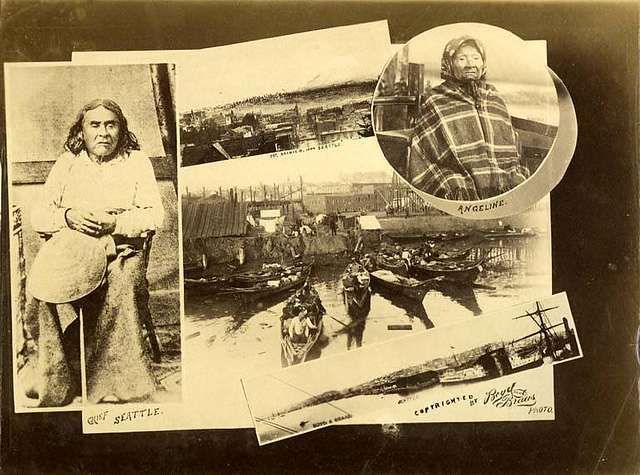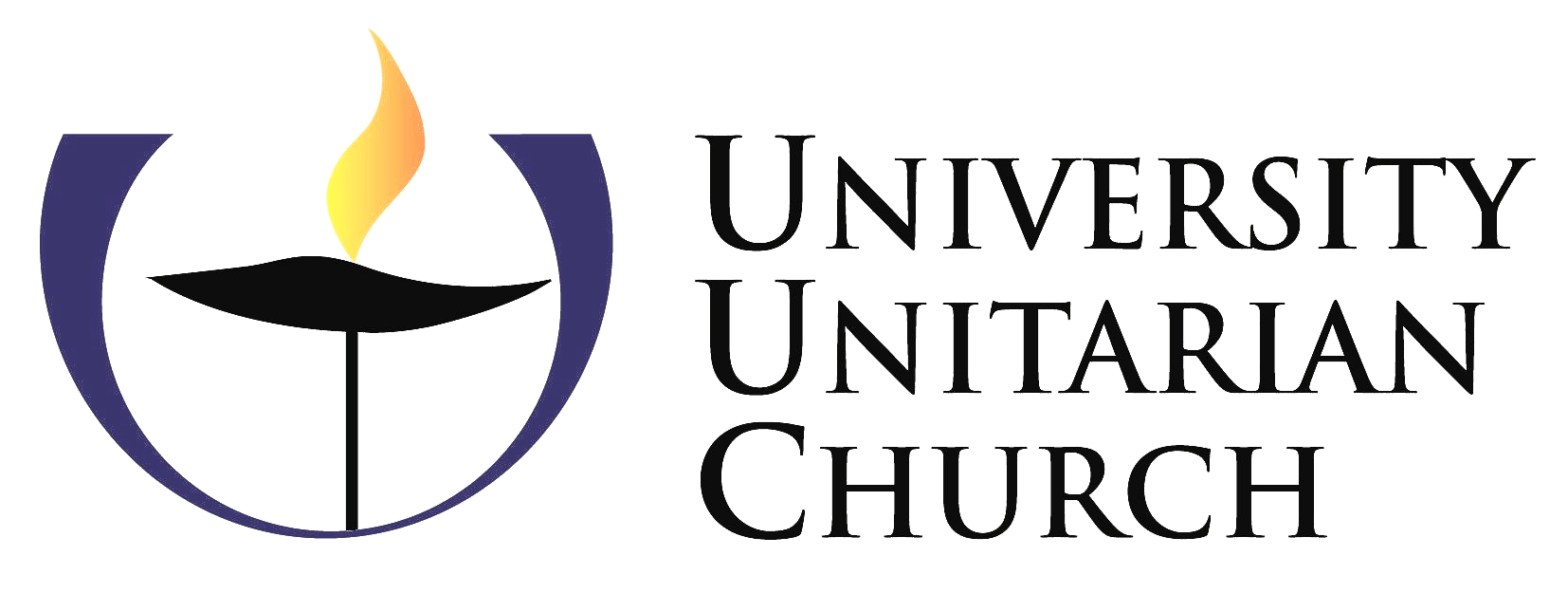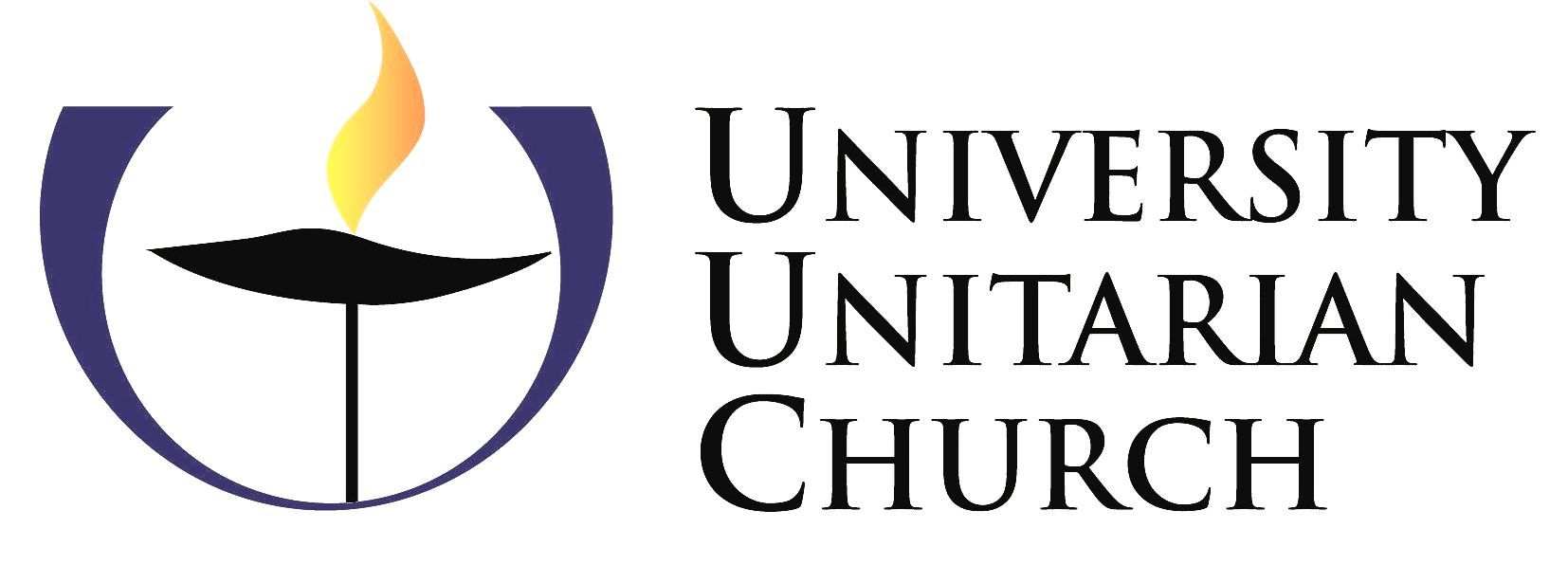From UUC's Acting for Racial Justice Team
November. So much hope going in, now, so much to lament. As Washingtonians, we can be grateful that our state election maintained our commitments to healing our air, supporting the poor, and our local democracy. As we head into the Thanksgiving holiday, we can share a meal in community and be grateful for our bounty. And, we should be aware that the story of Thanksgiving we learned in school is a mixture of myth and truth, but mostly myth. We settler-colonialists may want to bask in positive feelings about this holiday but we should be aware that, “For many Natives, Thanksgiving intertwines themes of loss, resilience, and a redefined sense of generosity. The relationship between Native Americans and European settlers is historically one of broken treaties, land dispossession and violent conflict. Understandably, the legacy of Thanksgiving will forever be linked to centuries of systemic oppression and colonization experienced by Native peoples.” (1)
As Unitarian Universalists how might we approach this holiday—understanding that much suffering underlies the story of Thanksgiving and holding gratitude for all the abundance we may have because of it? As a spiritual community, we must draw on our empathy and compassion even when we are grieving and tired. We can start with being curious. We can learn the truth of how North America was colonized. The truth is not an easy one, but it is one we need to face and wrestle with as we practice our values of generosity, justice, and transformation rooted in love. A good place to begin is the introduction to “Teaching About Thanksgiving” (2) from the Since Time Immemorialcurriculum developed by local tribal people for Washington state schools.
James Baldwin wrote, “Not everything that is faced can be changed; but nothing can be changed until it is faced.” So, while the truth of Thanksgiving may be difficult to confront and may make us uncomfortable, knowing this truth is a starting place for reflection and greater understanding of what has gone on between settler colonialists and the Indigenous people of this continent. It is also a time of somber reflection for many Native Americans. “Despite the somber reflection surrounding Thanksgiving, the holiday is also used by many Native people as a time to honor their ancestors, celebrate cultural survival and advocate for Indigenous rights. This duality of mourning and resilience embodies the strength and enduring spirit of Native peoples. It is also an opportunity to reclaim and redefine the narratives—a chance for them to educate others about true history and celebrate their cultural heritage on their own terms.”(3)
In educating ourselves about this truth we can also learn more about their cultural beliefs around gratitude. “In general, Indians are really big on gratitude. Ceremonies, feasts, activities great and small all begin with giving thanks to the Creator for letting us enjoy life on this earth. Those old time Indians, famous for their long-winded oratorical skills, thanked the Creator for things most folks take for granted: the sun, the moon, the air, the earth and finally, for the gift of life, that great unfathomable force that sweeps us all forward. This has always been our way.” (4) Gratitude and a deep connection to this earth on which we all live.
This Thanksgiving we might also remember that as Unitarian Universalists we too, recognize our interdependence and claim a covenant with Earth “to create and nurture sustainable relationships of care and respect, mutuality and justice. We will work to repair harm and damaged relationships.” (5) And, maybe this is also a time to develop a regular spiritual practice of giving thanks, reminding ourselves of the gifts we receive daily, and of honoring the life around us – one we practice all year long. In wrestling with the truth of this day and developing a regular intentional practice of gratitude, Thanksgiving can become something bigger. “Thanksgiving can become not just a time for giving thanks, but also a moment of reckoning, reconciliation, and renewed commitment to building a more inclusive, just and generous society.” (6) Thanksgiving can become a mindful practice. May it be so.

Posted/updated on:

